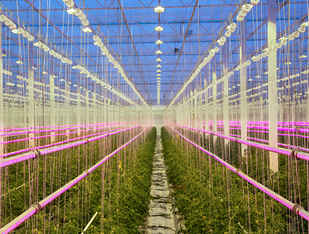Niklas von Weymarn is the CEO Metsä Spring, the innovation branch of Finnish forest industry company Metsä Group. He says the general business model applied by the pulp and paper industries is changing. This is due to the fact that paper use, which was traditionally the sector’s main product, is no longer growing and, instead, declining in many markets, including the EU.
“This calls for new thinking and also new pulp-based products. The overall demand for products made out of a renewable raw material is also increasing. Many such products could be made out of wood,” says von Weymarn.
Von Weymarn believes the current expansion of bio-refineries could spell a more sustainable future for the pulp and paper industries. “Most of the new wood-based products these bio-refineries make could be alternatives to similar fossil-based products. In this context, these new products usually offer better environmental performance. Most wood-based products are also recyclable for reuse as raw material and, should they end up in nature, they are also biodegradable,” he says.
“For the moment major investments are being made within the forest industry to meet new application areas for products such as tall oil and lignin that can be used in the production of biofuels,” explains Eva Ålander, Application Engineer at Linde.
Crude tall oil is one fast-growing product which can be used in combination with hydrogen to produce biodiesel. Tall oil soap is collected from production of kraft pulp and acidified to make crude tall oil. By replacing sulfuric acid with carbon dioxide in its production, sulfur can be eliminated from the process to further boost sustainability.












